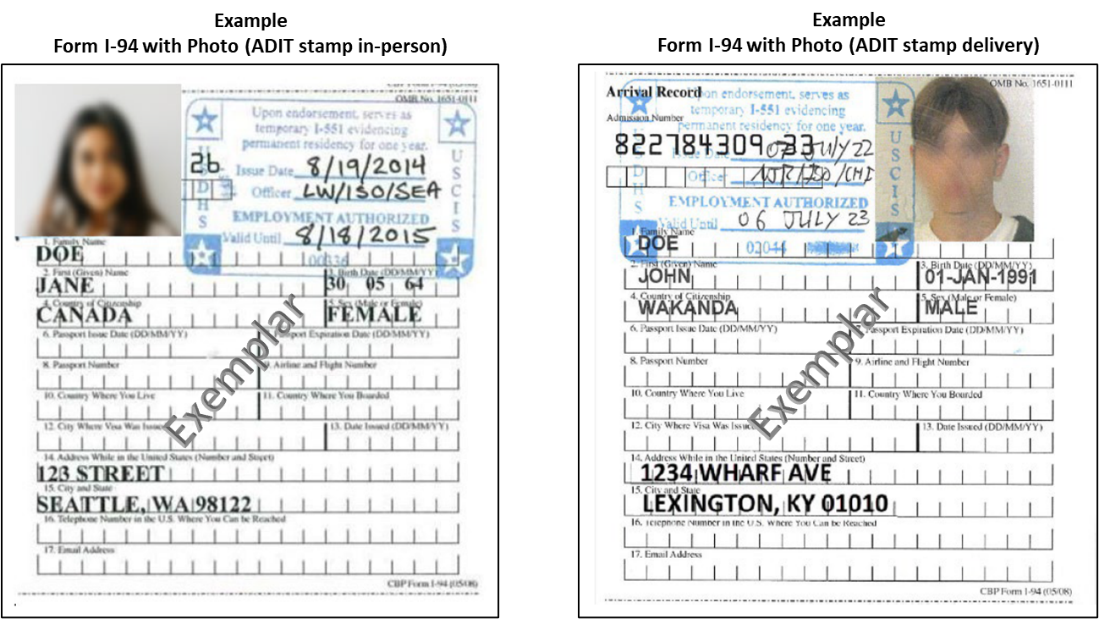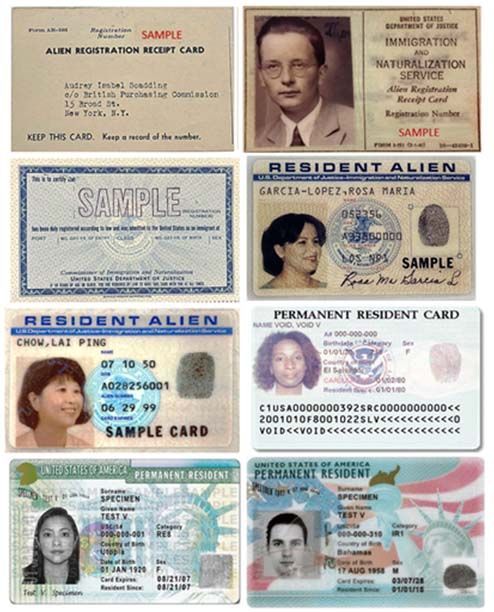The Road to a Green Card: Adjustment of Status or Consular Processing

The Green Card process is sometimes a difficult one, with many paths. Moreover, which process (i.e. In-Country or Consular), must be chosen. This article will shed some light on when it is appropriate to process at USCIS or to process at a Consulate.
If an immigrant is outside of the U.S., then he or she must choose the consular processing. An immigrant visa interview, also known as the DS-260 Interview, will occur at the appropriate Consulate. Moreover, due to many delays in the Adjustment of Status process within USCIS, consular processing may be quicker. However, it must be said, that a denial of an application in consular processing does not allow an appeal or review of the denied matter.
If the immigrant entered lawfully into the United States, meaning they entered by a valid visa, a form of parole, or through the visa waiver program, the immigrant is eligible for Adjustment of Status. Adjustment of Status has its pros and cons. The process may take more time, but a denial may be appealed or reviewed. Additionally, the immigrant may choose consular processing.
However, if the immigrant entered unlawfully into the United States, the immigrant will be prohibited from the Adjustment of Status Process, and will be required to do consular processing. In this situation, the immigrant should know that entering unlawfully into the United States may place a bar on re-entering the U.S. for 3 years, 10 years, or permanently.
If you are unsure about your immigration choices, you should speak with a local immigration attorney. Immigrating is an expensive process and very time consuming. You should know all of your options before committing time and money to a certain process.
If you have any questions or concerns, please feel free to call Fickey Martinez Law Firm at (910) 526-0066 or email us at attorney@fickeymartinezlaw.com.
RELATED POSTS:
Disclaimer: This Blog is made available by the lawyer or law firm publisher for educational purposes only as well as to give you general information and a general understanding of the law, not to provide specific legal advice. By using this blog site you understand that there is no attorney-client relationship between you and the Blog/Web Site publisher. The Blog should not be used as a substitute for competent legal advice from a licensed professional attorney in your state.
The post The Road to a Green Card: Adjustment of Status or Consular Processing appeared first on Fickey Martinez Law Firm.












